
Having
been a longtime fan of the Robert De Niro, I could not help but feel
giddy with the anticipation of meeting one of the world’s most
famous and admired actors alive. The
two-time academy-award winning iconic actor has also gained great
respect as a director and producer. He
has achieved great success and gained critical acclaim for the
portrayal of various iconic characters in numerous mobster films. He
is a distinguished, handsome and refined artist who obviously takes
great pride in his work. Having
had a great passion and fascination for the CIA, De Niro showcases
his talents by taking on the dual role of actor and director in his
upcoming drama, THE
GOOD SHEPHERD.
The
film is the epic drama of the birth and life of the CIA in
America
. The events that take place
throughout the film are said to be 95% true thus making it even more
intriguing. Eric Roth, who had
originally written the script for Francis Ford Coppola to direct,
claims it is resonant to THE GODFATHER saga. The correlation begins
with the simple fact that they are both part of a secret society
that will dominate and control your entire life.
I
had the surreal experience of interviewing one of my all-time
favorite actors De Niro, as he talked about handpicking his all-star
cast, the filming process of this intricate film, a possible part
two and importance of revealing the life of the CIA in his soon to
be released film, THE GOOD SHEPHERD.
***
BEWARE OF SPOILERS
***
Robert
De Niro

Mr.
De Niro, you are such an accomplished actor. When you direct do you
encourage the actors to take on your own style or do you accept
theirs?
I
like to think that I…they have to find it in their own way, so
that would be the first thing and then the other’s but probably it
doesn’t surprise me if it creeps in how I would do it. So that’s
possible but they ultimately have to be the ones that are
comfortable with what they’re doing.
This
is only the second time you’ve directed a piece. But there have
been discussions about this film since 1998. I understood it was
going to be a John Frankenheimer film but he couldn’t get
insurance and got sick and died at which point you took over. Can
you tell us what compelled you to do this movie and why you think
it’s important to tell this story in 21st century
America?
John
Frankenheimer he gave me the script and then he was trying to do it
and I loved it and I was like ‘what part can I play, this and
that.’ And he was trying to get it done then I had met Eric son in
the meantime and recommended him for another project we were working
on – plus I was working on this other script and I was consulting
MiIt [Beardon] about it and I said to Eric, ‘would you be
interested in working on this’ and he said ‘no.’ And somehow
as time went on we agreed he said ‘if you do the Good Shepard
I’ll do the second part if we’re so lucky’ and then I said ok
and that’s how it started. I remember I was with Milt in Moscow on
one of these trips and then I said ‘you know this is what I really
want to do the movie about. The Cold War.’ So the other one was
going more toward what’s happening today and what’s happened in
the later period.
Why
is this relevant for people today?
I
know I am supposed to say I think it’s relevant – but I don’t
know if it’s relevant. I mean I know it happens to become relevant
in certain ways because of what’s happening and all the attention
to the CIA in general. The only direct thing that I think of on the
top of my head is the Abu Ghraib sort of thing in the interrogation
scene? It was done through…we researched it and looked for other
things and that was also one that came to mind – plus it was so
simple and effective and powerful and horrible that I felt it would
be a good thing to use in this scene.
Are
you ever amazed like when your agents in a sauna, do you ever think
how did I get here? And can you talk about casting Matt and
Angelina?
Yeah,
that was a surreal situation. Yes, and so, when Matt and
Angelina…Matt – I was originally going to do it with Leonardo
DiCaprio but it didn’t work out schedule wise and so I went to
Matt immediately and he gave me a quick answer and said he would do
it. And there are only a few actors I would do it with and that was
one of them. I was very,
very lucky for him to come on board.
He’s just been great on every level.
Why
did you want him?
Because
he could do it, you know. If there were certain actors that I would
be given the option to work with, not that they wouldn’t have been
great in other things, it just wouldn’t have turned me on to do it
with them because I know it just wouldn’t work. Not for me and all
that effort I just wouldn’t want to do it. I think you go through
an enormous amount as it is so you at least want to believe that
every person you have in that story is working for the right
reasons.
And
Angelina?
Angelina’s
the same. I was very
lucky to get her. She had always wanted to do it, expressed an
interest – we had a few meetings and her wanting to do the part, I
sensed she had some real special feel about it.
And I was lucky she surprised me even more than I thought
with what she did.
Matt
plays a man who is trying to keep a lot of secrets. If we were in on
meetings between you and him on how he would be portrayed, what were
the characteristics that you discussed and I guess the same for
Angelina?
Well
you know something’s you don’t talk about, you do talk about and
that’s all understood. The
directing the way I was looking at it, you take broad strokes –
you talk moment to moment. Scene by scene.
Every set up that you do, the camera’s there.
Everything’s precisely modulated, raised and lowered.
In
your years of studying what did you learn about the mind of people
like that?
I
don’t know if I learned anything other than just that people
are…the world that we created that was there. The only thing that
I learned is that people in the intelligence world are very smart,
and very interesting people. And the nature of it the other part –
the deception which you always hear about and it’s been seen in
other movies…is fascinating. I
don’t know, all I know is what we did in this movie and that I
tried to make it as believable as possible. Sometimes I wasn’t
sure because there was also this mythology that I supporting, it’s
not literally what it was but it’s a kind of a thing. I tried to
have that as real as possible, as credible and believable as
possible.
The
cinematography was impressive in this film.
That’s
Bob Richardson he’s a wonderful cinematographer and I couldn’t
have done anything without him. He’s just great.
Well
in regards to character I noticed that almost you always shot only
by profile and that kept an air of mystery about him. Did you have a
visual concept in mind?
It
was discussions with the cinematographer. I’d say ‘how about if
we do this, let’s do this, let’s try that, yeah that sounds
good, let’s do that’…. And that’s how we did the whole film.
If something felt wrong I’d be like okay how about doing this or
going over there. It was very collaborative process.
Was
it story-boarded prior?
No,
we story boarded some of it. I’ve always had a problem with it –
I think its great, and you should do it and if you’re doing action
scenes, certain things you need the precision, that’s absolutely.
I feel more comfortable just doing it there. We talk about
scenes, we rehearse them – things always change on the set and at
the last minute someone will come up with an idea. Like when Eric
was on the set, he would come up with an idea. Yeah ok, that might
mean we have to change something here. The actors will come up with
something different. Bob Richardson will come up with another idea.
I’ll come up with another idea.
It always needs that kind of…you’re going in this
direction all of a sudden you’ll go this way. You’re still going
in this direction but you have to kind of make a right turn and
continue that way. And have the flexibility to do that.
Can
you talk about the climactic airplane scene near the end? Did you
worry that Matt Damon’s character would lose all sympathy in that
scene?
I
never worry about the sympathy for the character. If you followed
the story you’d get empathy, you have empathy for the character
for the dilemma of the situation. So that was something that I was
okay with that.
In
the screening room people gasped. I was just wondering if people
minds changed about the character. I wondered if you thought about
that.
Actually
in the original script…he had another version where I don’t
believe we should go this way…I don’t know if
I should tell you what it is. Well he threw the son out. So I said
‘no I don’t believe that, we have to pull it back.
The other makes more sense.’
I was always concerned about how those things look.
I
want to know the secrecy of Skulls and Bones and if there were rules
you had to follow of what you could and couldn’t include in the
film? If so, what were the parameters of that?
No
there were no rules or anything like that. We just got information
from things that were written in books and basically put that
together. I think the skeleton of this sword with Eric’s thing –
I don’t know if he got it from something.
I just wanted to make it and pull this thing together and
make it a ritual, ceremony of a sort. I did whatever I thought was
right and take out what I really didn’t think is right and
that’s what we came up with. I could never expect to find what
they did exactly but personally, I don’t even know if it matters.
Maybe if we’d gotten another detail – we heard about the
mud wrestling – but the other details would have been great to use
if we could find them but at the end of that we’re trying to
figure out what you think it could be without making it silly or
sensationalizing it. The
mud wrestling, that we heard it happened so that’s okay.
This
movie has a tradition of CIA stuff. Can you talk about trying to cut
it down to a shorter time with all the material?
Yes
I did have to take some stuff out. I’ll put that in the extended
version and put some other scenes in the theatrical DVD version, and
then I’ll put both scenes in the longer version hopefully. I’m
very happy with the version we have now and so that’s okay. I also
want to tell the story. I don’t want to confuse the audience. I
tried not to and still there may be parts that are confusing.
I also think that sometimes it doesn’t matter if it’s
quite not that clear, it’s okay.
You don’t always have to have the answer to everything. So
there are certain trajectories character-wise that I took out of the
characters so that I could focus on what we had on the other
characters. I felt that, that would probably make sense at this
point. And for anybody who really wanted to see the other part of
the story…absolutely, we’ll have that hopefully.
What
was the other part of the story?
One
thing is the brother returns from…and then he disappears again.
Which I might, if I’m so lucky as to use, in another second
installment.
What’s
sustained you throughout this long period of making the film, and
with that scene in the sauna how was the experience of making this
film and do you have other plans to direct?
I
was always hoping to do it and Eric and I were always in touch and
talking. I want this
actor and that actor. We spent time working on it…when 911
happened I felt as though the world’s changed now. And I didn’t
think we’d do the movie but life went on and people started
showing interest and that’s it.
I don’t know what I’m doing next but if I could do a
second part to this story, show certain characters lined up and
introduce new characters; I would love to do that. After that I’m
not sure.
You’re
still motivated to be a director?
Yeah,
I am.
Do
you see any comparisons of this with Coppola’s “Godfather?”
Someone said that this movie is De Niro’s
“Preppy Godfather.”
It
was started by Coppola…the project with Eric Roth. Then it went
through other directors. Yeah there is a comparison.
I was always concerned that it might have certain direct
parallels but how could they not? I mean was about that secret
society and this is about another type of secret society but very
Americana. I mean one of
the best lines in the movie to me is in the Joe Pesci scene where he
says ‘What do you people have?’ and Matt Damon says the
‘United States of America, the rest of you are just visiting.’


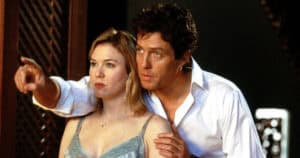
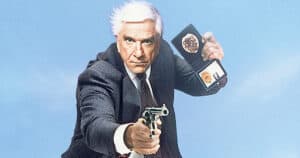

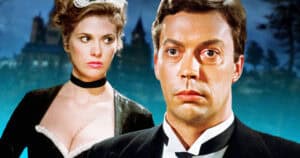
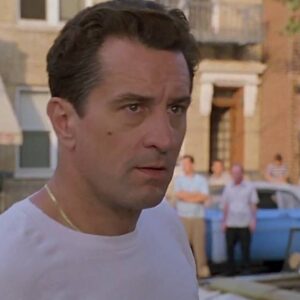

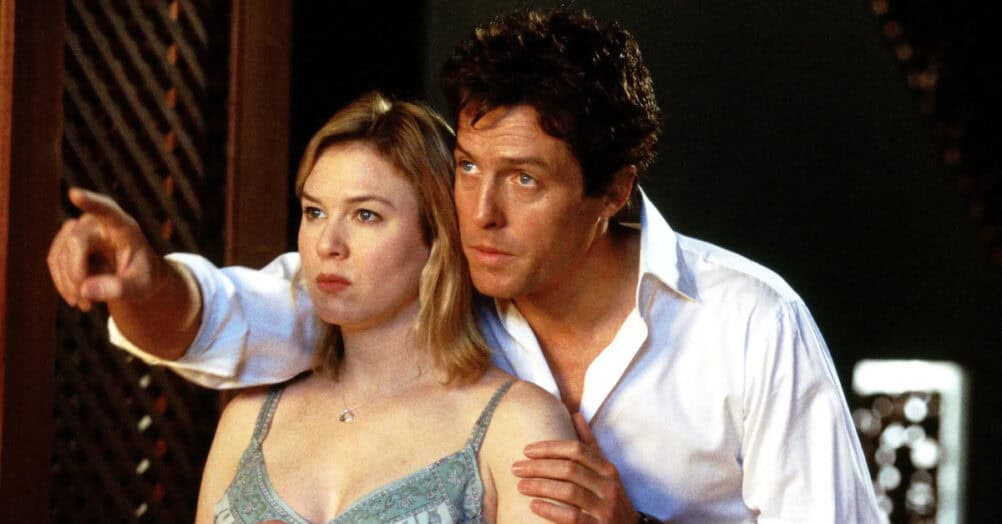
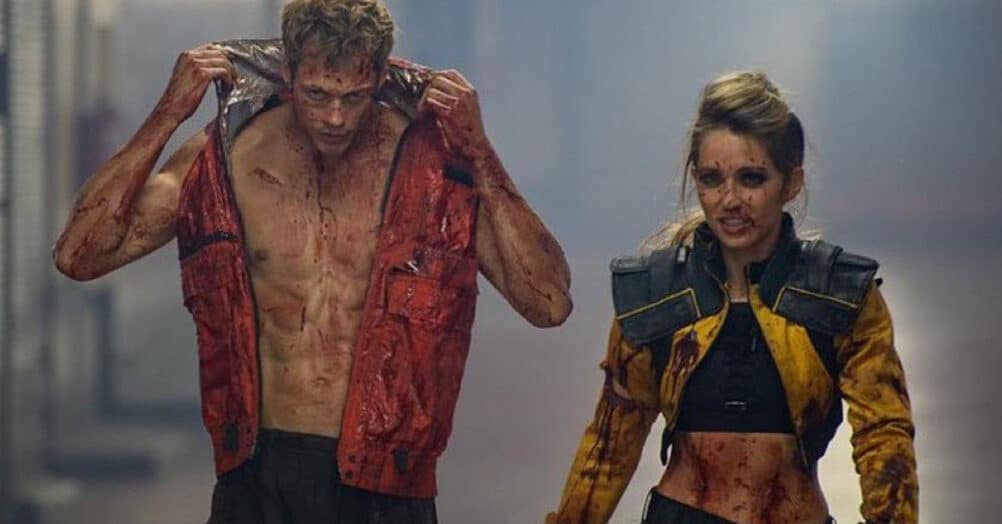
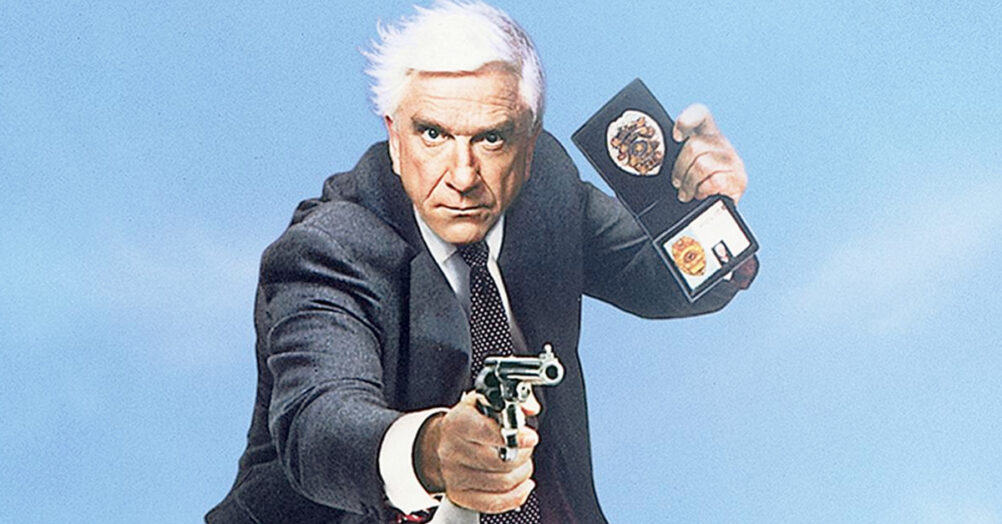
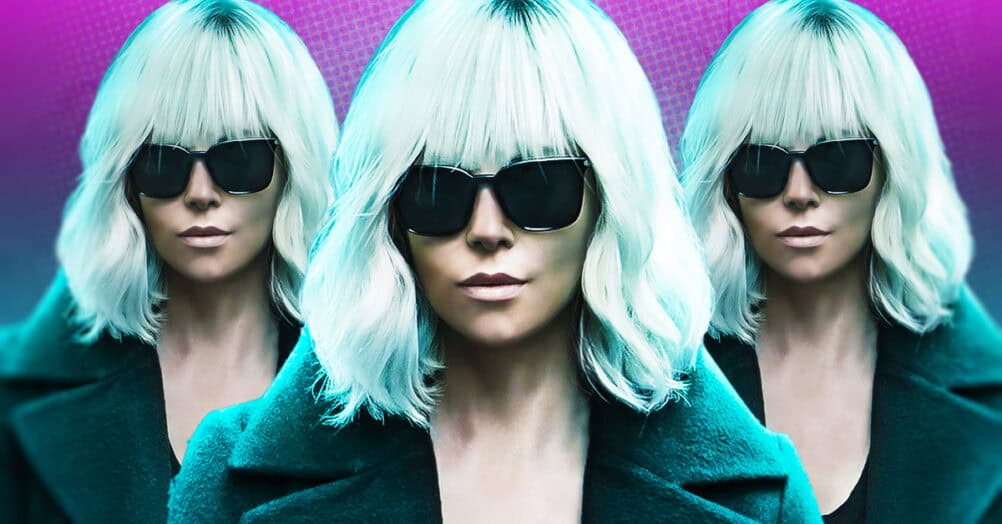
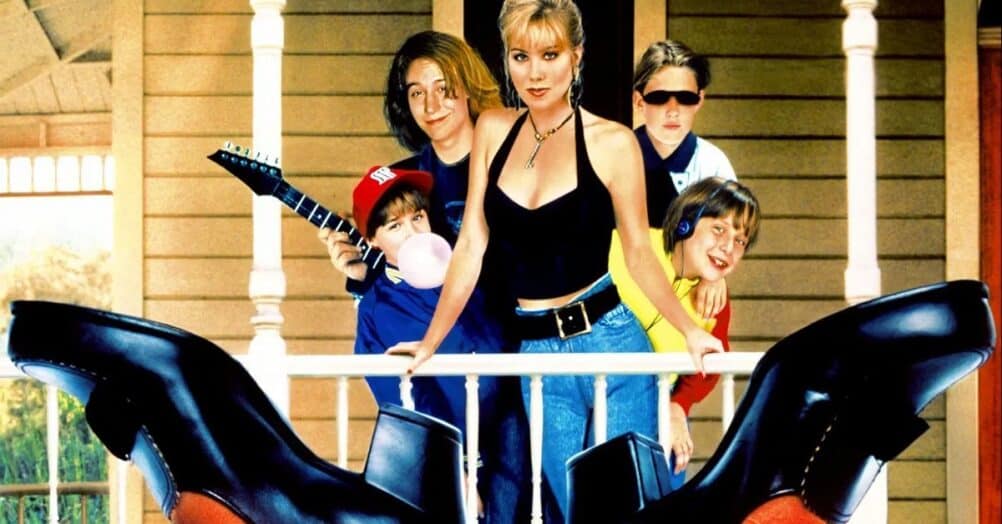
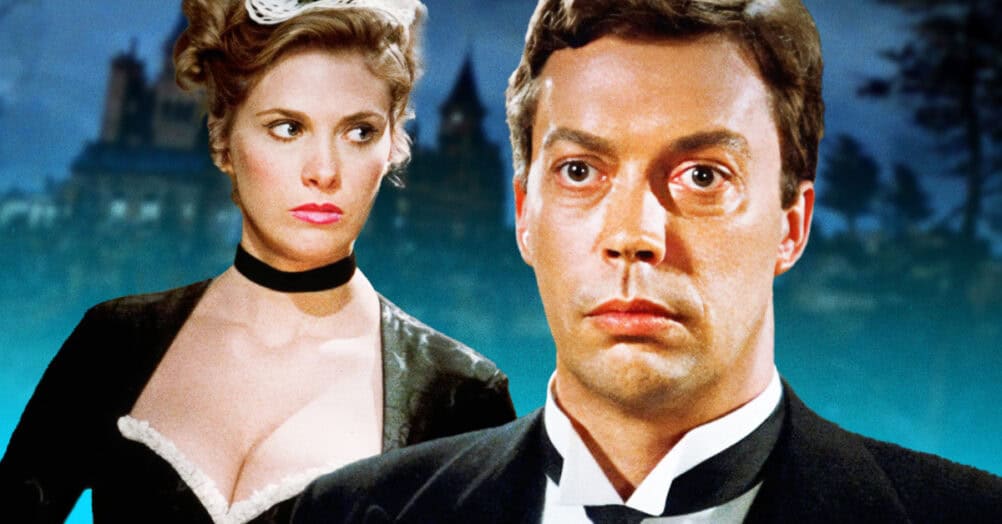
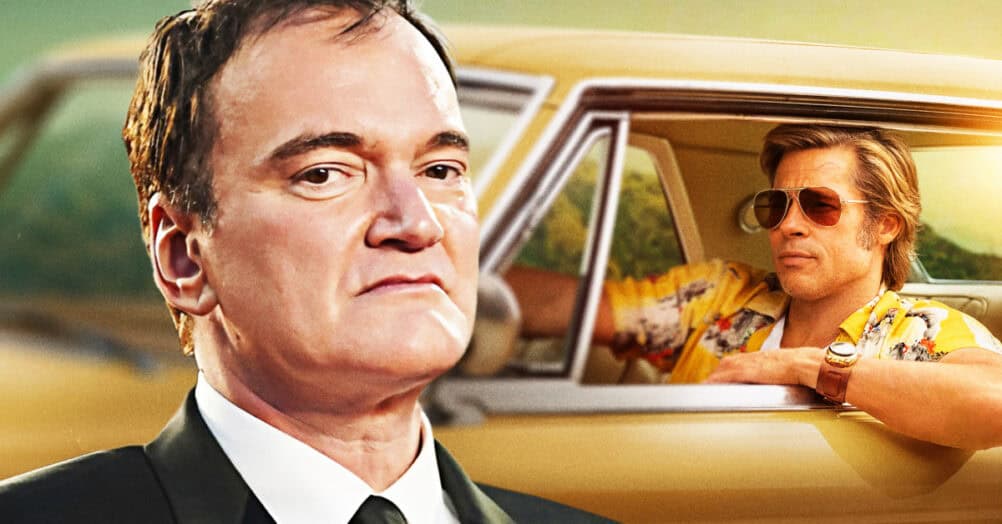
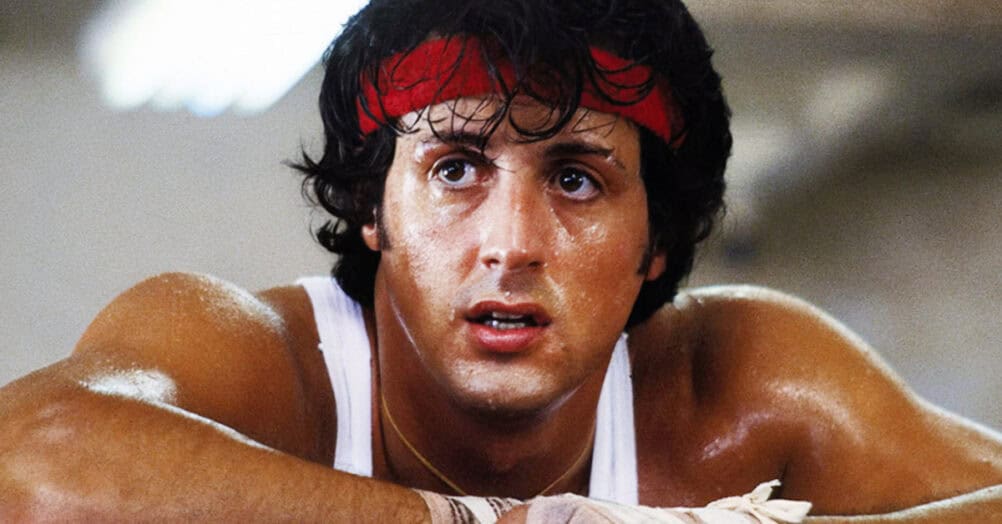

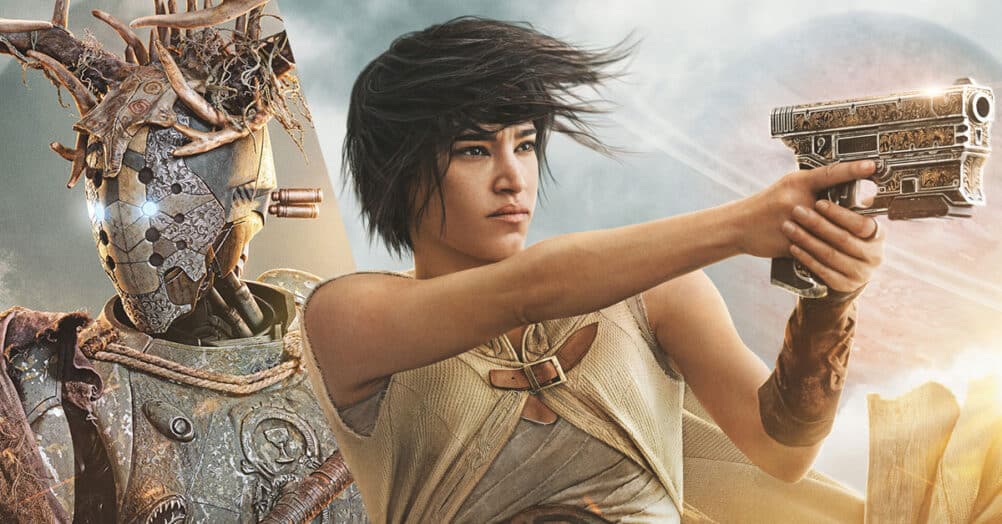
Follow the JOBLO MOVIE NETWORK
Follow us on YOUTUBE
Follow ARROW IN THE HEAD
Follow AITH on YOUTUBE